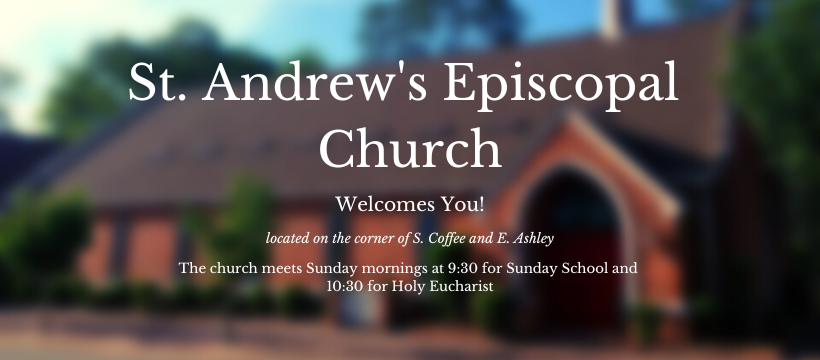We’ve all the heard saying “easier said than done.” More often than not I have found the saying to be true. There are the rare occasions when it is easier to do something rather than talk about it, like mowing the grass rather than discussing all the reasons why I don’t have time to. But talking in general is easier than doing. Even though I don’t play a whole lot, I enjoy golf. One reason I don’t play is it seems that I can get only one good shot in per round. That’s a lot of work for so little reward. There are other reasons to play, like being out in nature, but generally speaking everyone wants to play well. I have found that even though I rarely produce an acceptable score; I can usually offer assistance on how others can improve their game. I understand the mechanics of the sport; I just can’t always apply them to myself. Of course, doing so would require time and effort that I don’t necessarily have to give. And how can you expect to get better if you don’t practice?
In today’s gospel reading from St. Luke, Jesus introduces the parable of the Good Samaritan in response to a dialogue with a lawyer or an expert in Mosaic Law, the Law of Moses, or the Torah – what we know as the first five books of the Old Testament. The man’s question pertains to the inheritance of eternal life. There is nothing wrong with the question. As a matter of fact, it’s a very good question – probably a question that many of us here today have pondered and will ponder from time to time. But this man knew the answer to the question already. He was testing Jesus. So, Jesus put the question back on the man, and he gave a textbook answer. Jesus affirms the man’s answer and encourages the man to take his own advice. But the lawyer was not fully satisfied. He asks “who is my neighbor.” Jesus answers the man with one of his most recognized parables.
A victim of robbers lies helpless on the road. A priest passes him by. A Levite passes him by. Not only did they pass by, but they purposefully avoided him. These are holy people of the tribe of Israel and they offer the poor man no assistance. They move on down the road and go on about their lives. What could the man have done to make them act this way. Well, he could have been dead. And these Levites could have been concerned more with ritualistically defiling themselves than checking on the man. According to the Law, they could’ve justified their inaction. Legally speaking, assuming the man was dead, they were not wrong for not stopping. Enter the Samaritan. Samaritans are not liked by Jesus’ audience. Political and religious differences had caused tension between the Jews and Samaritans. So, Jesus’ story of this unlikely hero has more going on than meets the eye. Our hero is the last person expected to help the injured man, but he cares for the victim’s wounds, gives him a ride to town, and pays for the innkeeper to see to his needs.
The Samaritan displayed the ultimate act of mercy. Just because he had no reason to like the man, didn’t mean the Samaritan could not demonstrate love and compassion to the man. The lawyer, who is Jesus’ audience, has his whole interpretation of the law turned on its head. To the lawyer, the neighbor was the potential recipient of grace and mercy. However, Jesus uses the parable to focus on the Samaritan as neighbor, the one giving grace and mercy. Being a good neighbor is more about giving than receiving. Whether we are good neighbors or bad neighbors is not defined by the actions of others but rather our own actions. Being a neighbor requires sometimes that we receive but more importantly that we give. We are all neighbors, and how we treat one another affects our spiritual and temporal survival. When we show compassion, we choose to live. When we choose mercy, we choose to live. And Jesus promises that by treating others this way, we will live. Amen.



